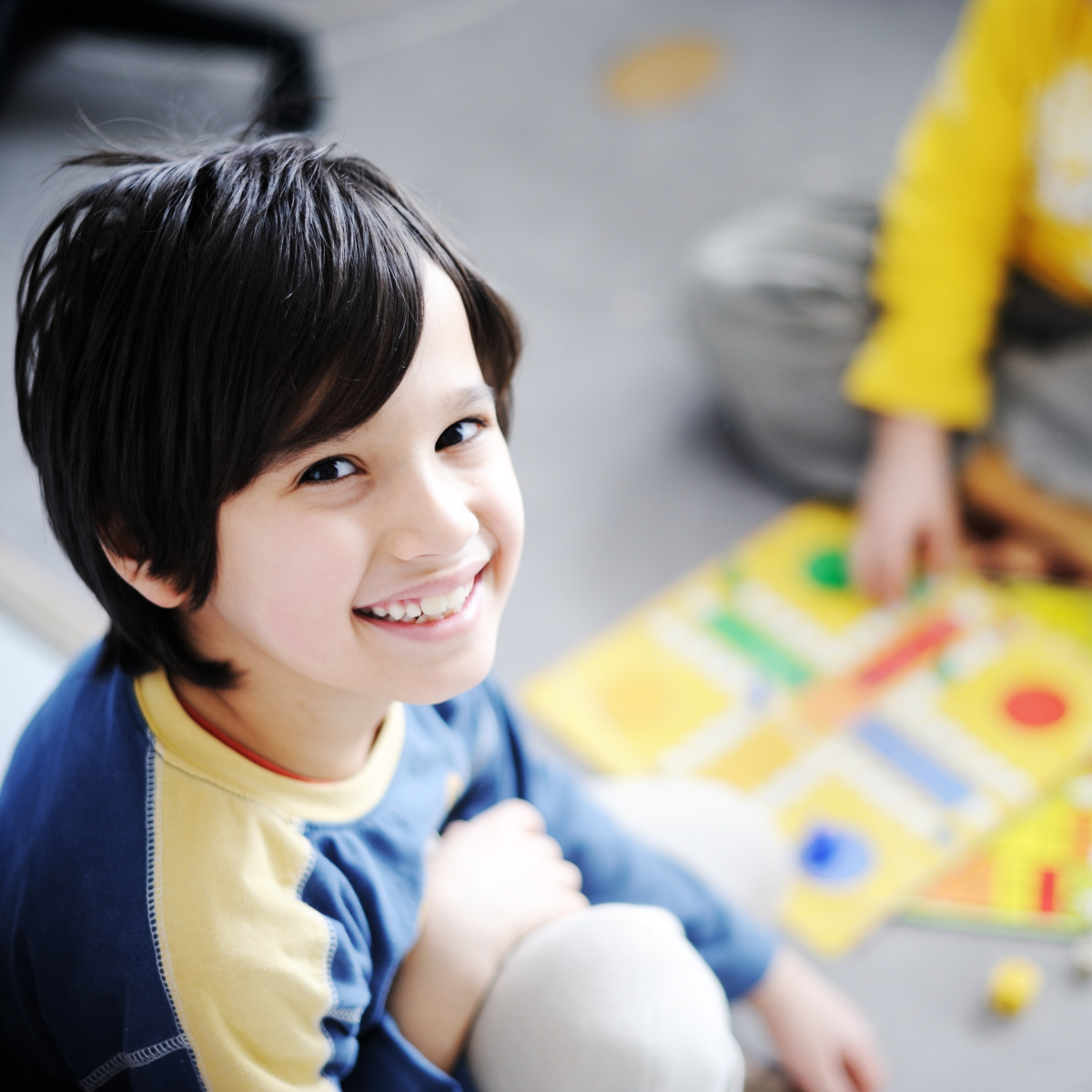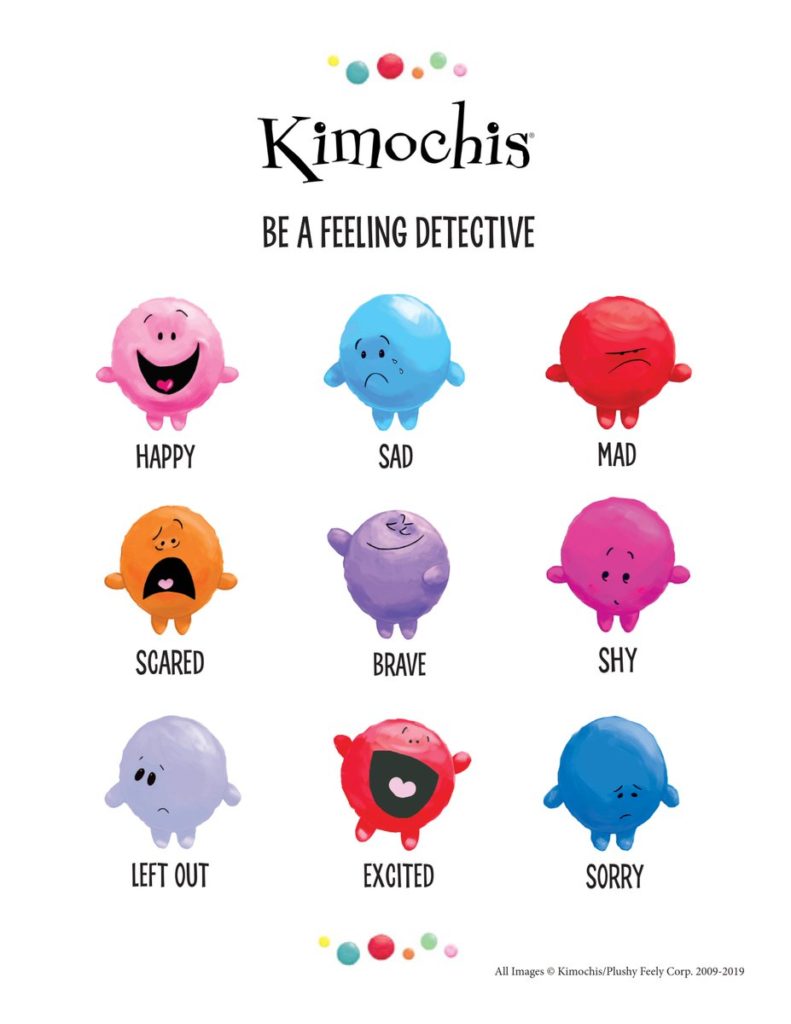
The New Digital Parenting: Connections Over Conflict
For years, parents have tried to find balance in their homes surrounding technology and screen time. We have read the American Academy of Pediatrics guidelines, looked at information on Common Sense Media, and created our own social media accounts to monitor our children’s and teens’ activity online. These are just a few of the things we have done in trying to educate ourselves—and our children—on digital parenting: appropriate technology use, boundaries, and online safety. Sometimes it seems like we are in a frequent battle with our kids surrounding screen time. Since COVID-19 hit, this has either become more of an issue or we have surrendered all together. In this time of quarantine and social distancing, we are all a bit anxious, overwhelmed, frustrated, and in need of emotional connection.
The reality of the current pandemic situation we find ourselves in is that we are home more and connecting face-to-face less. There will be more screen time, especially since children are out of school for the summer and in-person activities are limited. However, not all screen time can be defined as either beneficial or harmful. Excessive amounts of screen time are not healthy for us or our kids, so incorporating screen time breaks into our schedules is important. The key to these new challenges of digital parenting is to encourage screen time as a means of connecting with others, and not just as a source of endless consumption to occupy time.
Today, we are providing you with several activities for you and your kids to practice identifying and expressing emotions in a healthy way, which is crucial during this time of uncertainty, and ideas for incorporating age appropriate connection through screen time with your children and teens.
For more ideas about summer experiences you can do while learning at home with your kids, visit the main page, Charter a Summer of Learning.
Healthy Feeling Identification and Expression
Kimochis is a character-based social emotional learning program designed for children. It began as a set of tools for preschool teachers to help promote and foster social emotional learning, but the toys are great for smart digital parenting, too. They provide children with a hands on way to practice identifying feelings, grow their feeling language, and practice social skills.
Check out these free downloads on their website: Be A Feeling Detective (activity for ages 3–6), Kimochis Feeling Chart (ages 7–12), Make Your Own Feelings (all ages).
For more tools about naming and regulating emotions, we recommend this two-part series of posts about social emotional learning: Part I and Part II.
Virtual Scavenger Hunt
Virtual scavenger hunts are a great way to promote movement, learning, and virtual connection in your home. Scavenger hunts can be tailored to fit your family’s interests and are great ways for children of all ages to get engaged!
“Free Printable Virtual Scavenger Hunt Ideas,” Britni Vigil, Play. Party. Plan., July 3, 2020
“22 Fun Scavenger Hunt Ideas to Keep Your Kids Guessing,” Marisa Iallonardo, Good Housekeeping, April 6, 2020
For more ideas about encouraging kids to use their imaginations at home, we recommend this activity based on a virtual drama camp.
Virtual Game Night for Teens
Typically you think of video gaming with friends when you think of a virtual teen “game night.” However, game nights are looking much different these days! Encourage your teen to check out some of the different video conferencing platforms and virtual board games. Just sitting and talking can be uncomfortable for some children and teens, so helping them find a way to talk while engaging in an activity can make connecting with others easier.
“How to Host a Truly Fun Virtual Game Night With Friends Over Video,” Monica Chon, O, April 3, 2020
More Information About Digital Parenting
Check out these podcasts:
“Modern Parenting During a Pandemic: How To Keep Families Happy, Healthy, Educated, and Sane During a Crisis,” Modern Parenting Solutions
“Managing Summer Screen Time,” Edit Your Life, June 14, 2018
Check out these books:
Screenwise, Devorah Heitner (2016)
Tech Generation, Mike Brooks and John Lasser (2018)
Check out these articles:
“Your Teen Needs You to be Their Digital Mentor,” Sinead Smyth, Gottman Institute, February 3, 2017
“How Much Screen Time Is Too Much in the COVID-19 Era?,” Laurie Wolk US News & World Report, April 10, 2020
“Screen Time & COVID-19: How to Support Teens with ADHD,” Caroline Maguire, CHADD, April 20, 2020
Charter Moms Chats
Watch Inga Cotton’s interview with Emily Daniels, MA, LMFT and Lindsay Durham, MA, LMFT, on Charter Moms Chats.
For more ideas about summer experiences you can do while learning at home with your kids, visit the main page, Charter a Summer of Learning. Emily and Lindsay also contributed a post about sleep schedules.
About the Authors
Emily Daniels is a Licensed Marriage and Family Therapist. She has worked in Archdiocesan schools for five years across all grade levels. Additionally, she has worked in a private practice setting, at The Institute for Couple and Family Enhancement, for three years. Emily specializes in working with families and children ages three and up, and currently serves on the board as Treasurer for the San Antonio Association for Relational Therapists.
Lindsay Durham is a Licensed Marriage and Family Therapist. She has worked in Archdiocesan schools for five years across all grade levels. She has also worked in a private practice setting, at The Institute for Couple and Family Enhancement, for two years. Lindsay specializes in working with children, teens, and families. Although Lindsay has no children of her own yet, she is happy married with two dogs.



